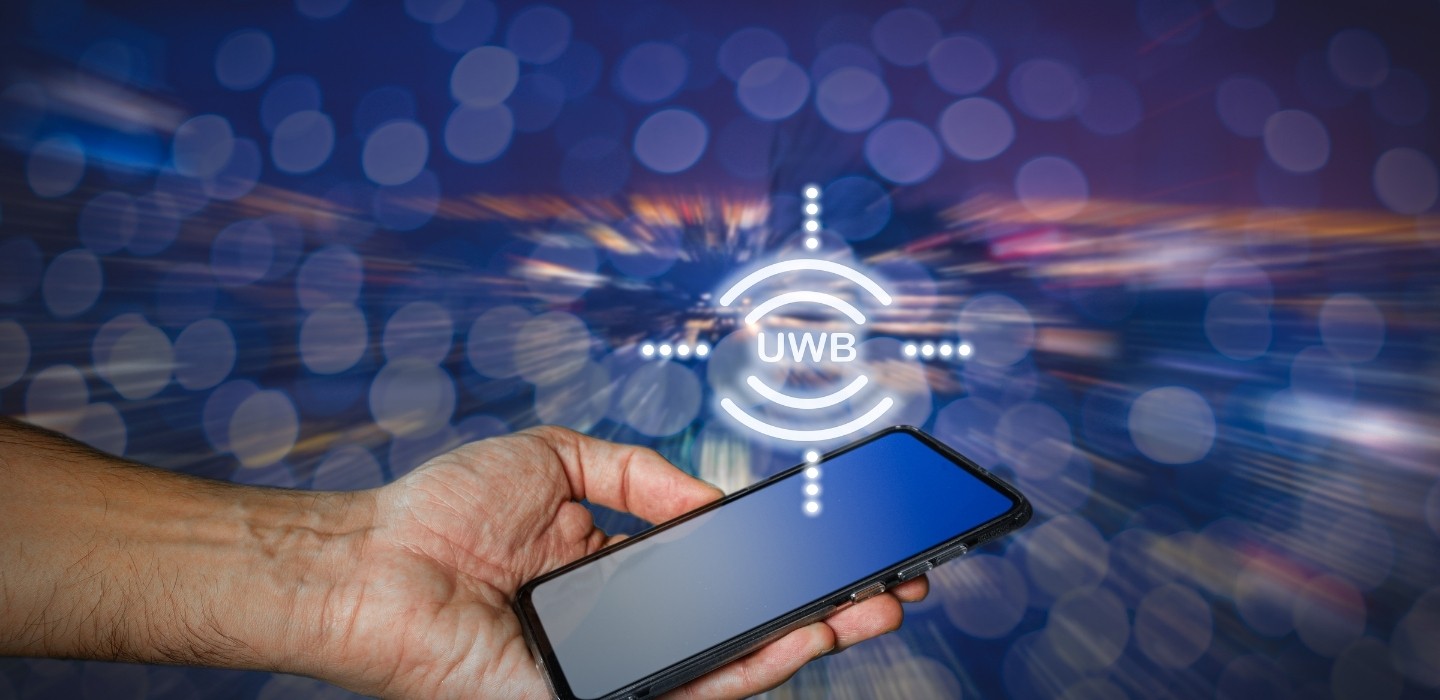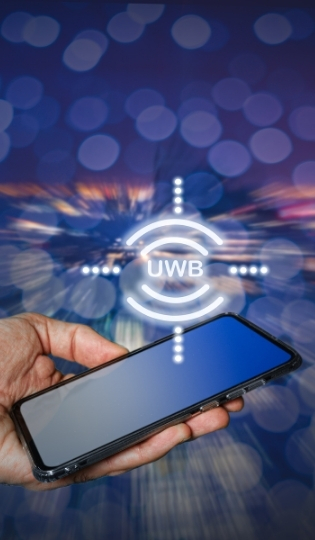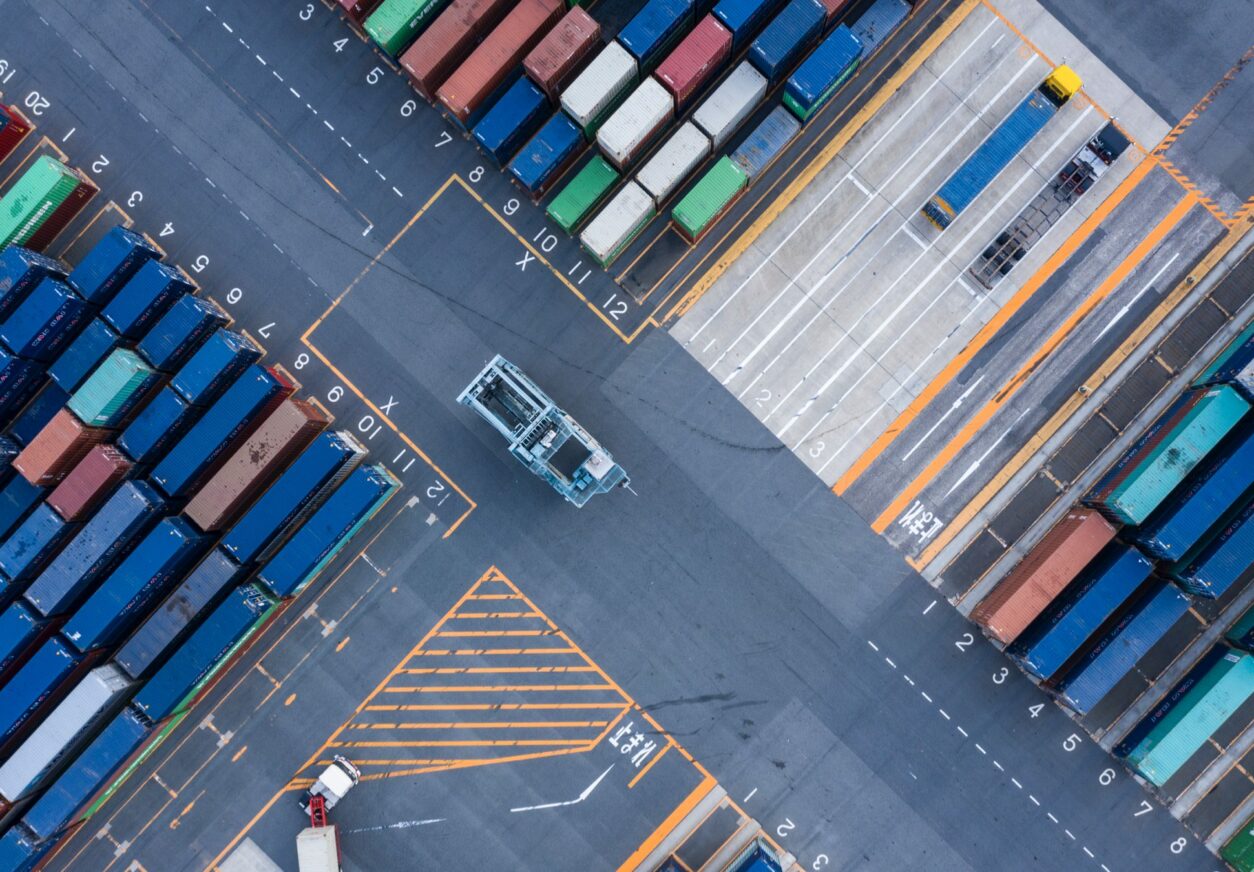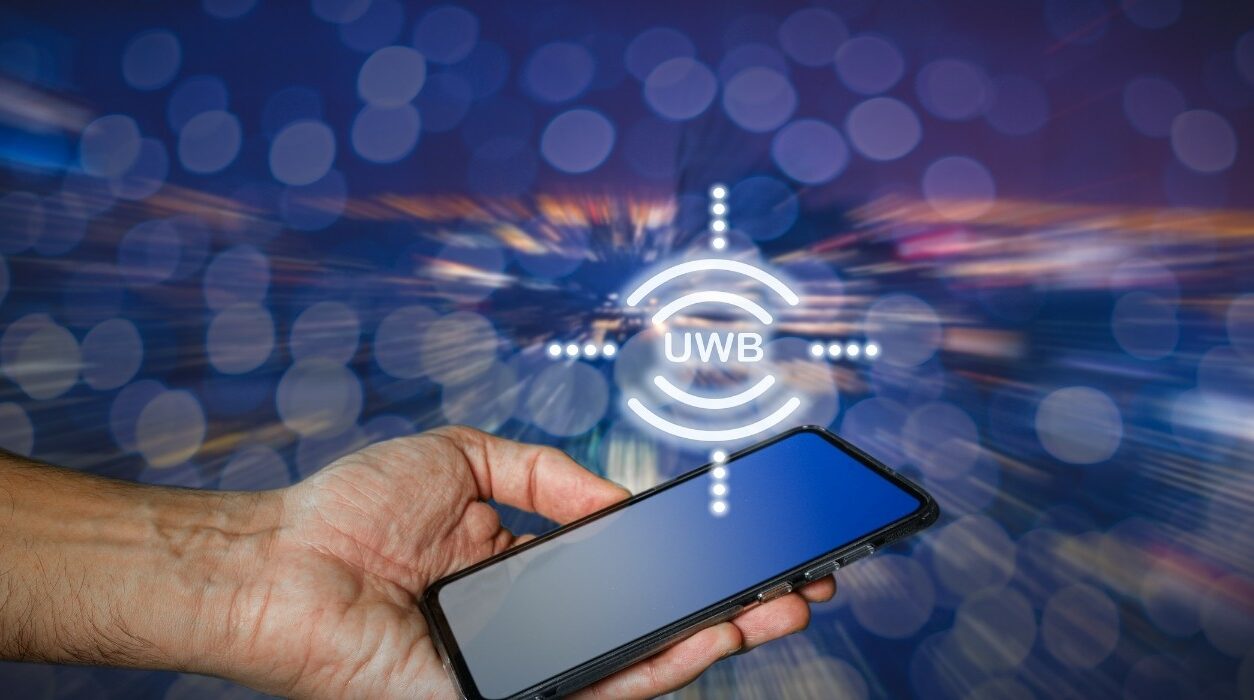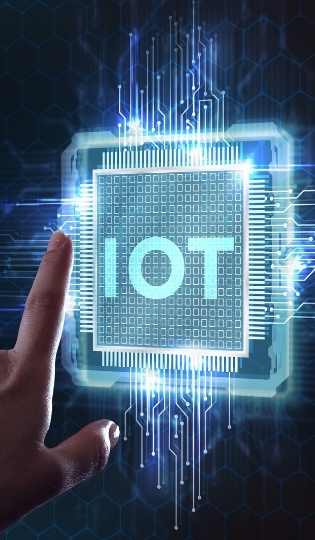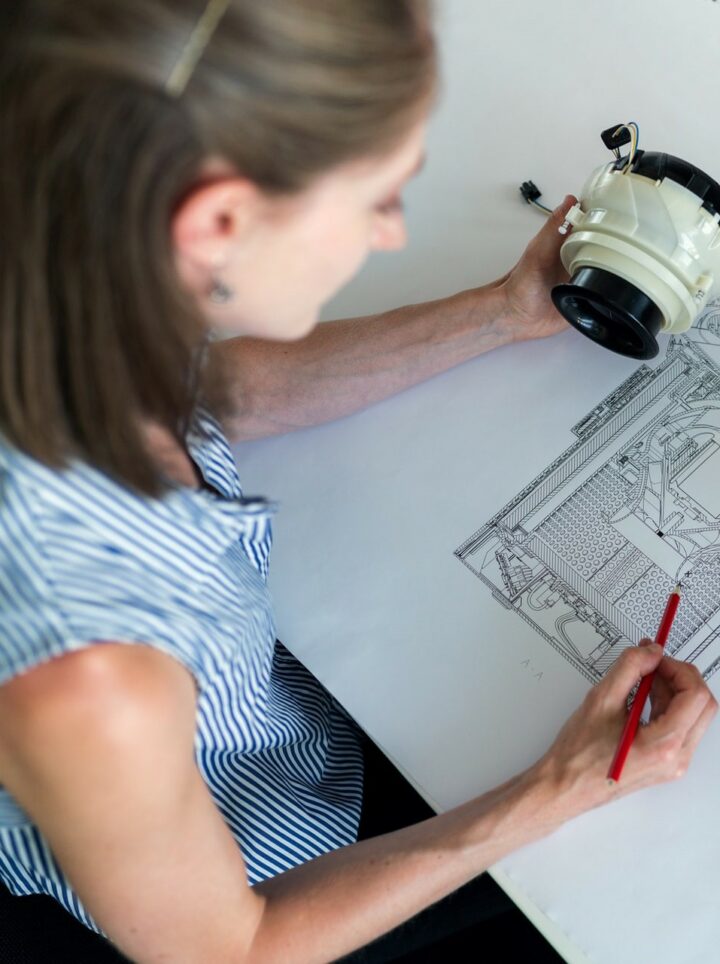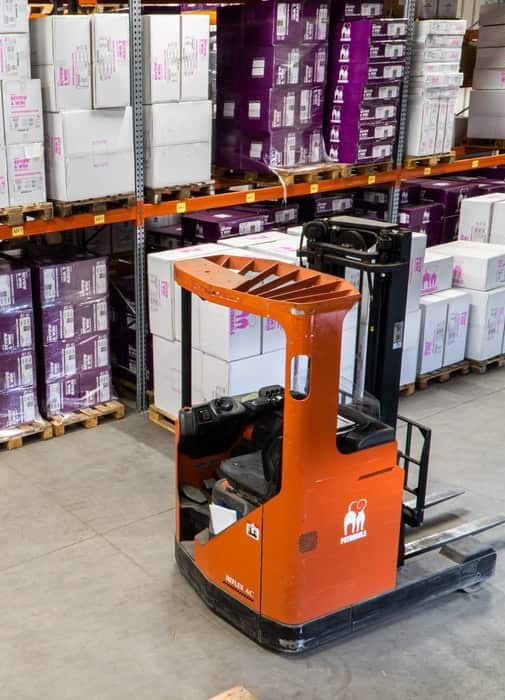Ultra Wideband technology is currently the most efficient on the market in terms of power consumption, accuracy and reliability for indoor geolocation. Several companies have started to develop such a technology: Blinksight, Decawave, Bespoon or Ubisense.
Not all of them are at the same stage of development and do not achieve the same results. This article aims to compare the different technology bricks available on the market and sometimes used by companies such as ours, Zozio.
Our paper is largely based on the paper published by Antonio R. Jiménez and Fernando Seco in the IEEE journal: Comparing Ubisense, Bespoon and Decawave UWB location systems: indoor performance analysis.
Zozio’s solution based on Ultra Wideband technology
At Zozio, we integrate UWB (Ultra Wideband) technology to our geolocation tags. We have been looking for a solution that best meets the challenges of indoor geolocation. These include finding a solution that offers the best accuracy and can be adapted to all industrial environments.
In this respect, not all UWB offerings are created equal. While the capabilities of UWB remain more or less the same, it seems that some market players stand out both for their accuracy and the efficiency of their technology.
Distinct technologies
While all three providers use UWB technology, their approach remains different. Ubisense, as the first company on the market, markets a kit composed of a network of anchors to be placed in fixed locations and a UWB tag. It uses both AOA (Angle of Arrival) and TDOA (Time Difference of Arrival) data to improve the reliability of its solution.
However, the use of AOA does not allow the Ubisense solution to catch up with the results of the Decawave solution.
The statistical study by Jiménez and Seco shows a standard deviation of 10 meters for Ubisense versus only 20 centimeters for Decawave in the measurement of the error with respect to the actual position of the tag.
BeSpoon, on the other hand, offers a system of tags connected to a smartphone (Spoonphone) allowing to see in real time the position of the tags in the indoor environment. As you can see, BeSpoon is not able today to reach the same reliability as Decawave.
Finally, Decawave sells a modular solution composed of different UWB chips. They allow the selection of several frequencies for the emission of signals and offer an accuracy of about 30cm for a range of 100m in outdoor.
Differences in accuracy
Secondly, the Ubisense, Bespoon and Decawave sensors do not achieve the same level of performance. Indeed, the study conducted by Antonio R. Jiménez and Fernando Seco shows the superiority of Decawave. Tests conducted in industrial environments show that Decawave’s solution is both the most accurate and the most reliable.
Thus, when the tag is in the center of the geolocation zone, the three solutions are equal with error margins of about 20cm. It is when approaching the periphery that Decawave technology stands out.
The performance of Ubisense and Bespoon degrades considerably as you approach the edges of the test area, unlike Decawave tags.
However, it is not necessary to have such accuracy in all use cases. It will however be essential in harsh environments such as industry where reliability is required.
For all these reasons, we use Decawave technology in our Zozio tags to guarantee the best accuracy to our collaborators.
Written by Emma Grignard
